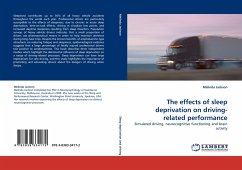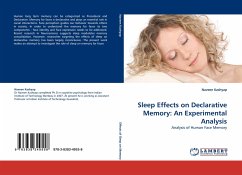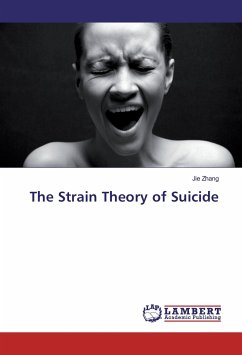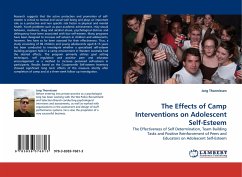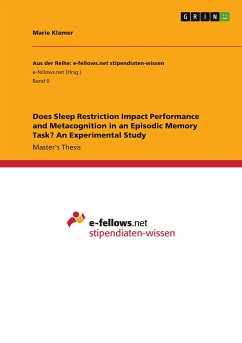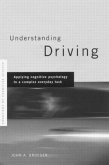Sleepiness contributes up to 30% of all heavy vehicle accidents throughout the world each year. Professional drivers are particularly susceptible to the effects of sleepiness, due to chronic or acute sleep deprivation, time-on-task effects, driving at circadian low points, and increased daytime sleepiness resulting from sleep disorders. Population surveys of heavy vehicle drivers indicates that a small proportion of drivers use pharmaceutical means in order to help maintain alertness during long-haul trips. Despite the known benefits of amphetamine-type stimulants on reducing fatigue and sleepiness, epidemiological evidence suggests that a large percentage of fatally injured professional drivers test positive to amphetamines. This book describes three independent studies which highlight the detrimental influence of sleep deprivation on a range of driving-related processes. Sleep deprivation can have large implications for safe driving, and this study highlights the importance of promoting and educating drivers about the dangers of driving when sleepy.
Bitte wählen Sie Ihr Anliegen aus.
Rechnungen
Retourenschein anfordern
Bestellstatus
Storno

